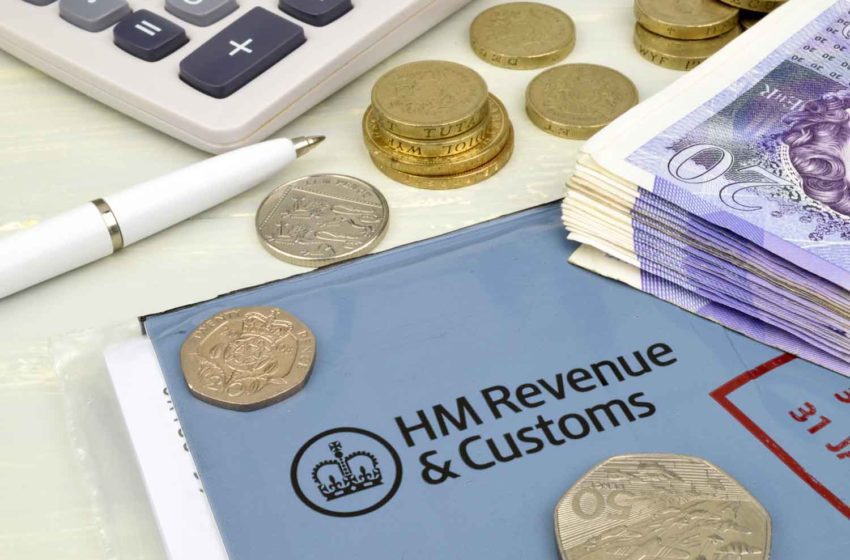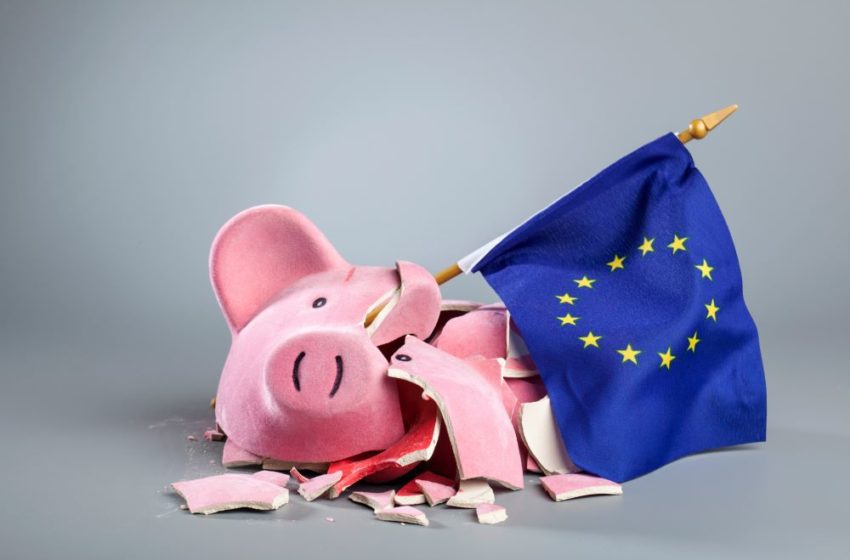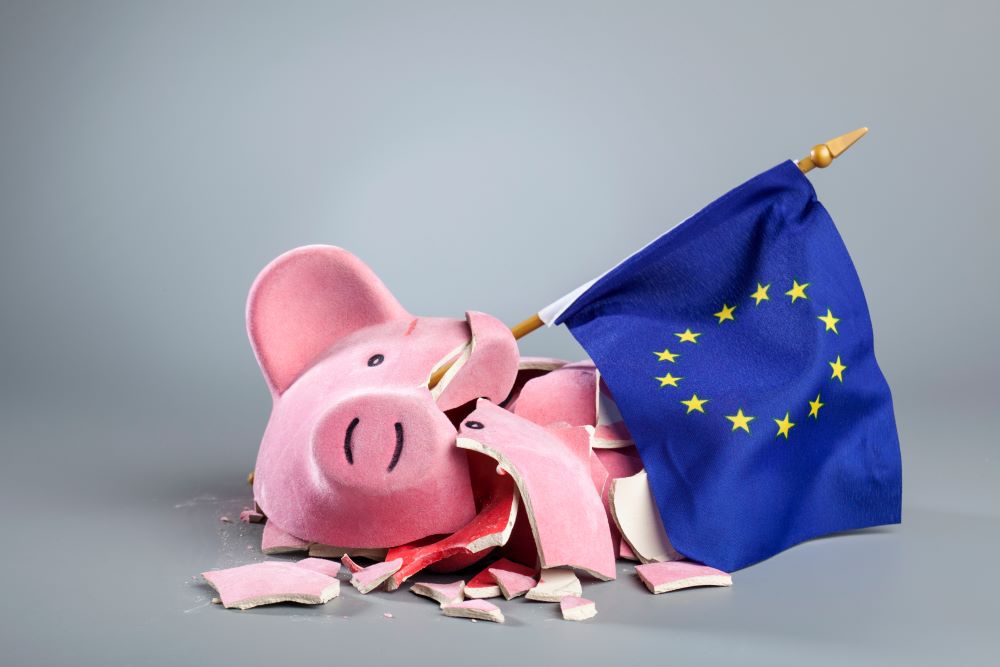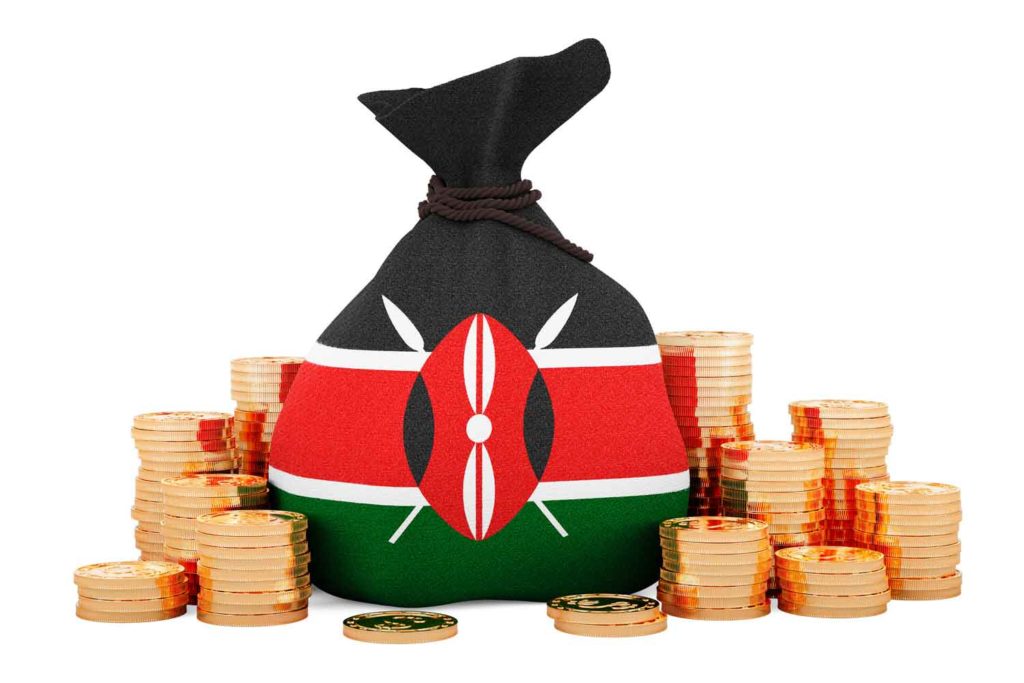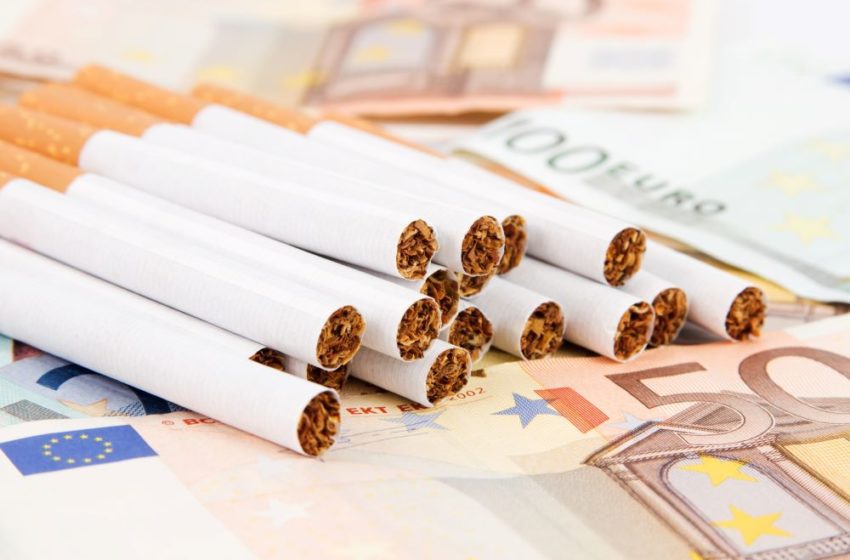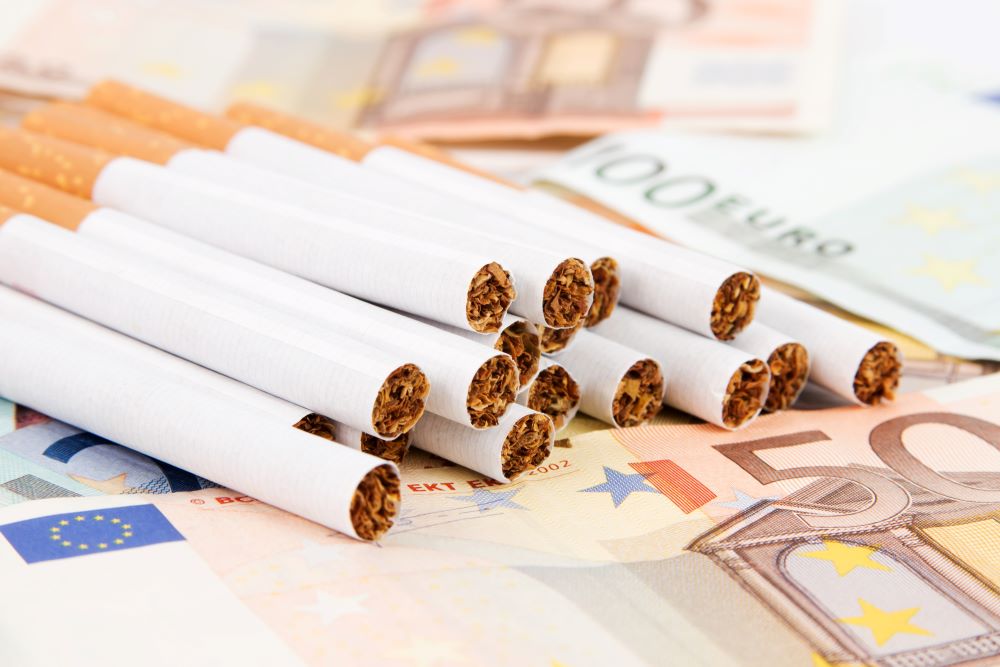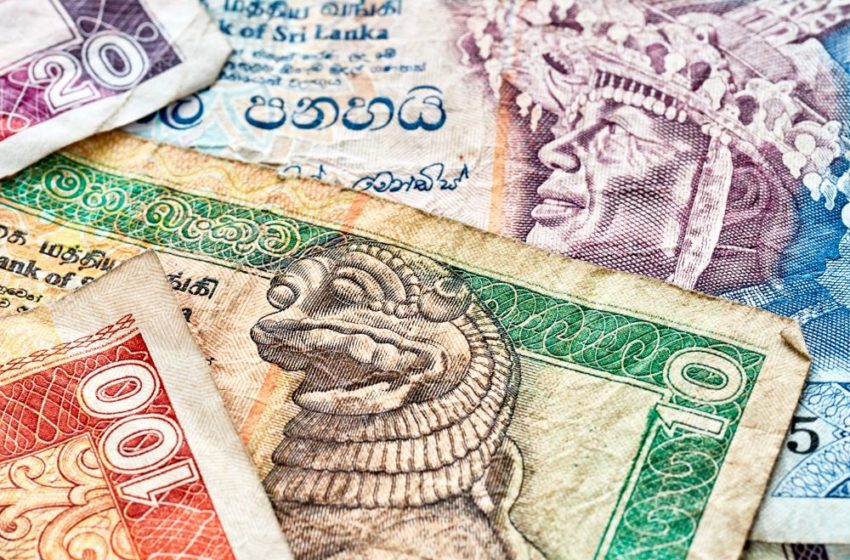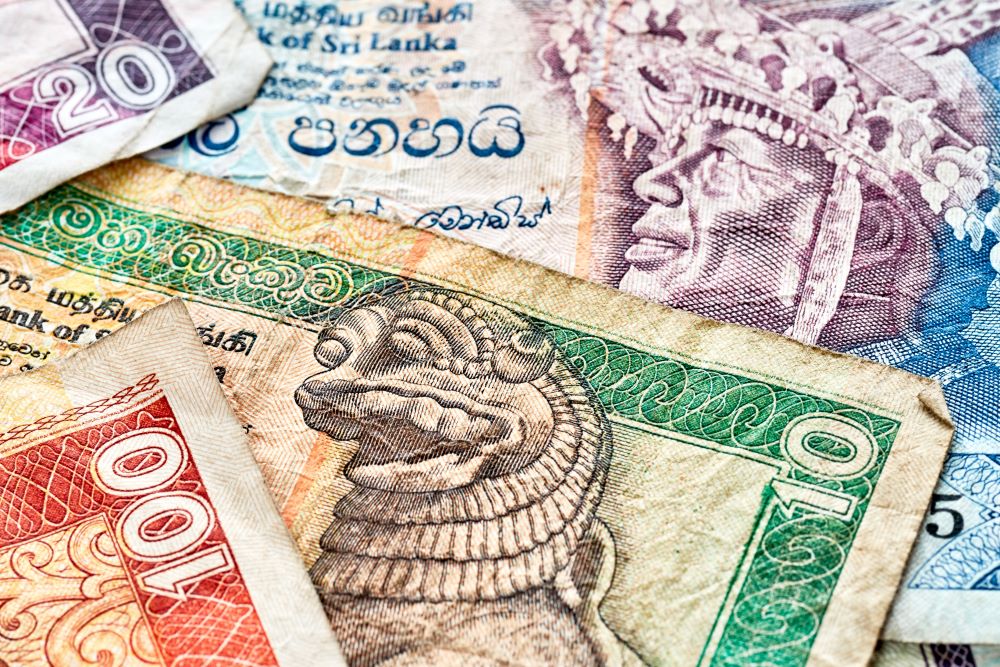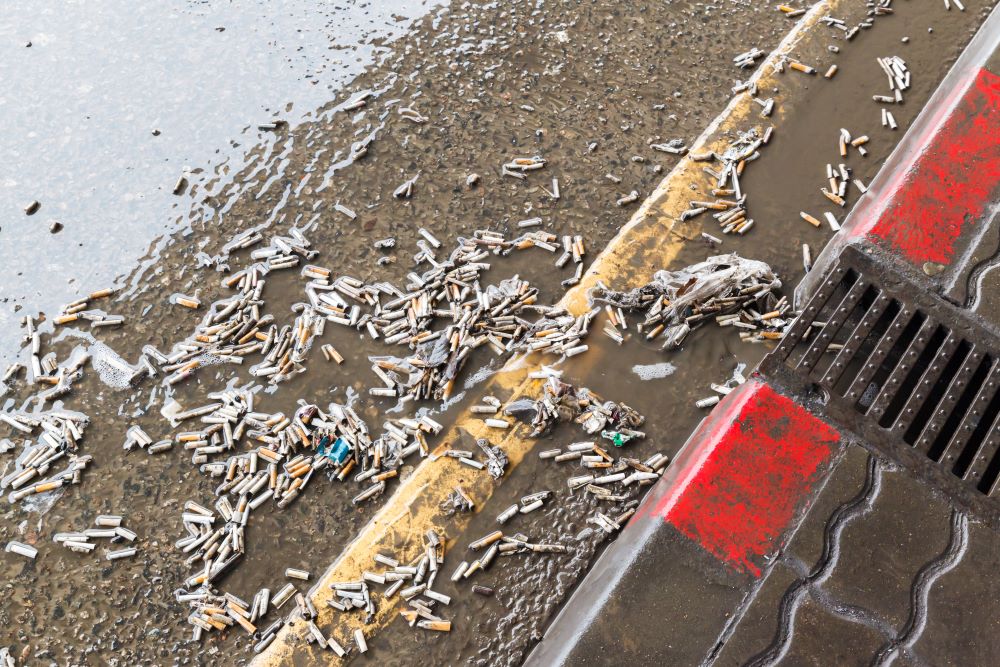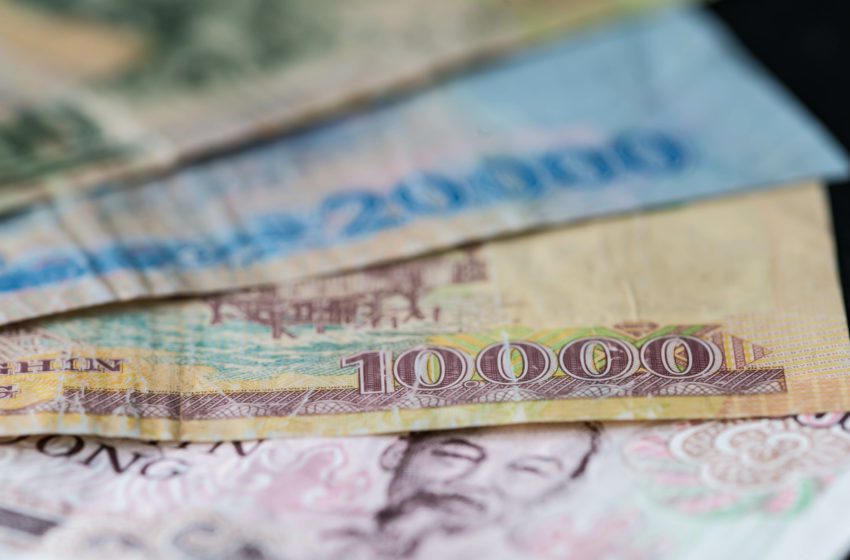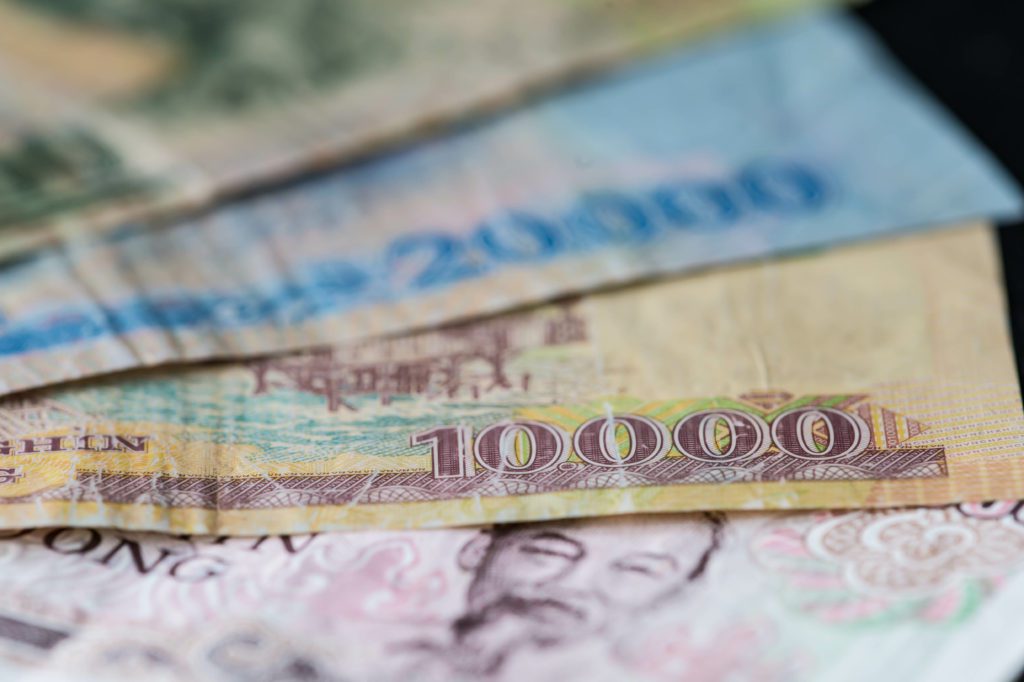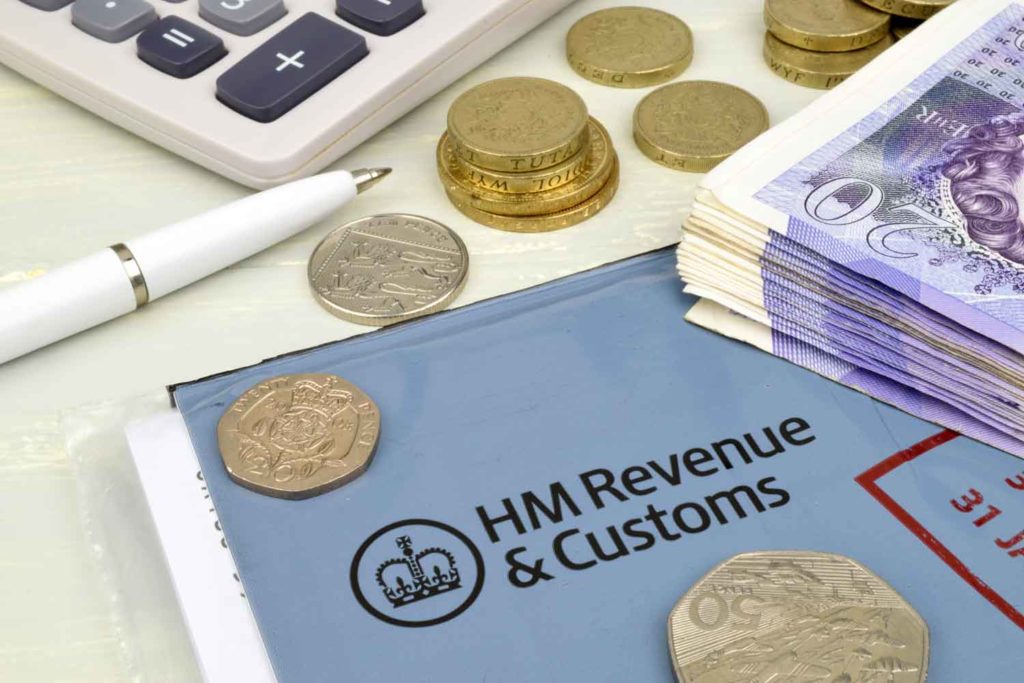
U.K. Chancellor Jeremy Hunt is planning the biggest tobacco tax hike in history, according to the Daily Mail.
A pack of 20 cigarettes will reportedly jump by £1.15 ($1.81), which is an increase of more than 15 percent.
Although cigarette duty usually rises with inflation, some smokers had hoped the Chancellor would put a hold on a jump because of such high levels of inflation.
Tobacco taxes raise almost £11 billion in taxes for the government, representing 1.2 percent of all tax revenue.
The U.K. hopes to reduce the share of smokers in its population to fewer than 5 percent by the end of the decade.
Earlier this year, a poll found a majority of Brits want an immediate ban on cigarette sales.
The findings could fuel the belief of some lawmakers and health experts that public opinion is approaching a “tipping point,” similar to when the U.K. ban on smoking in pubs, bars and restaurants was introduced in 2006 and 2007.

